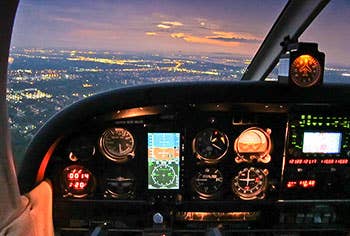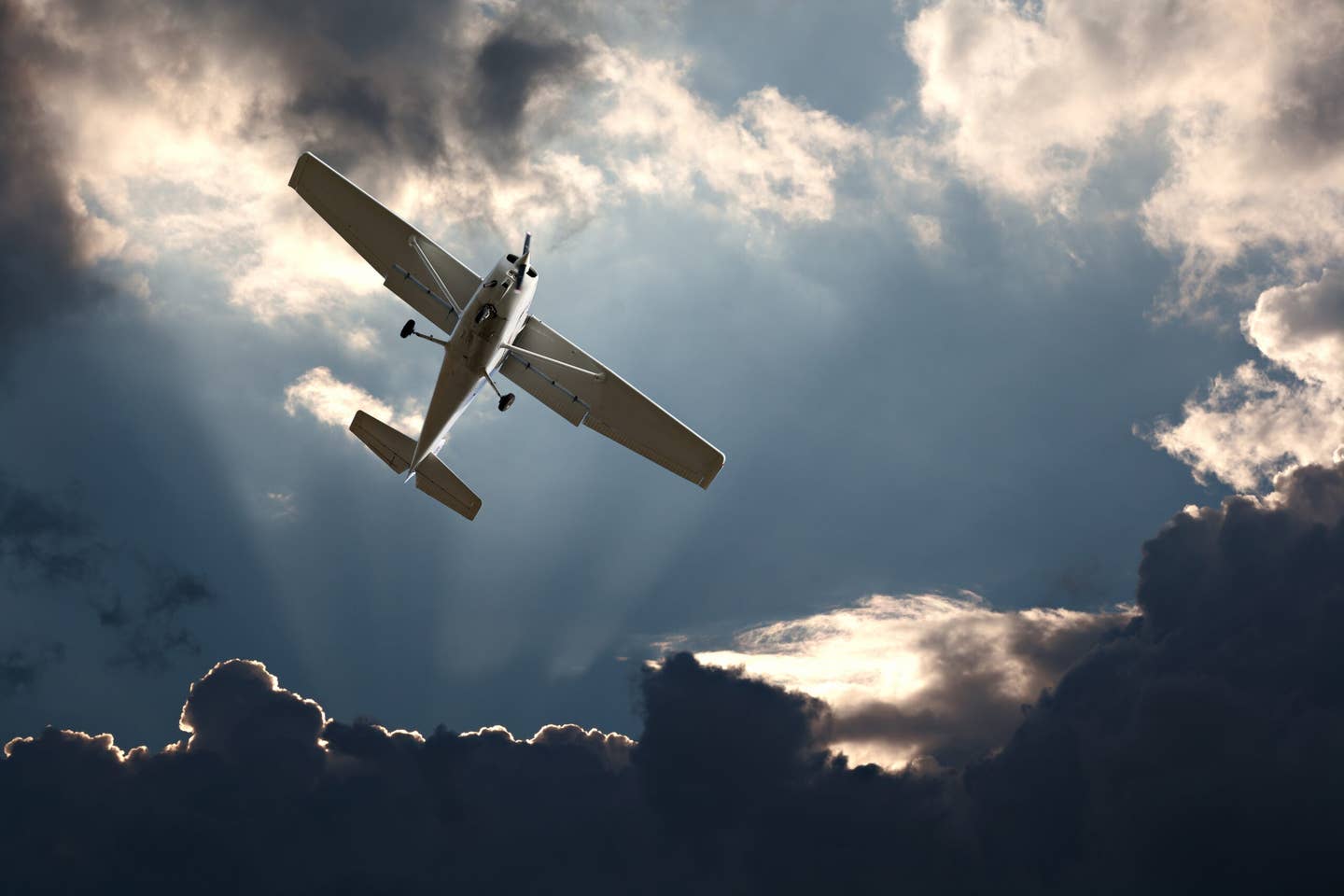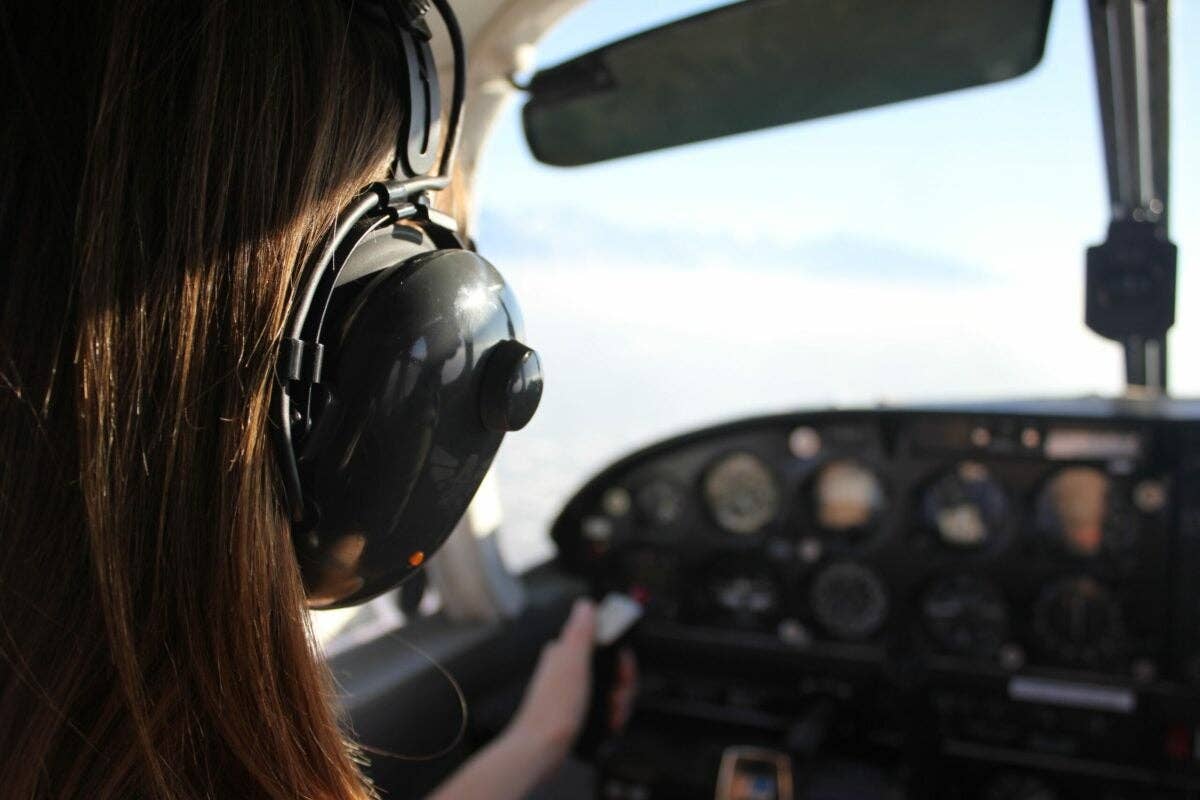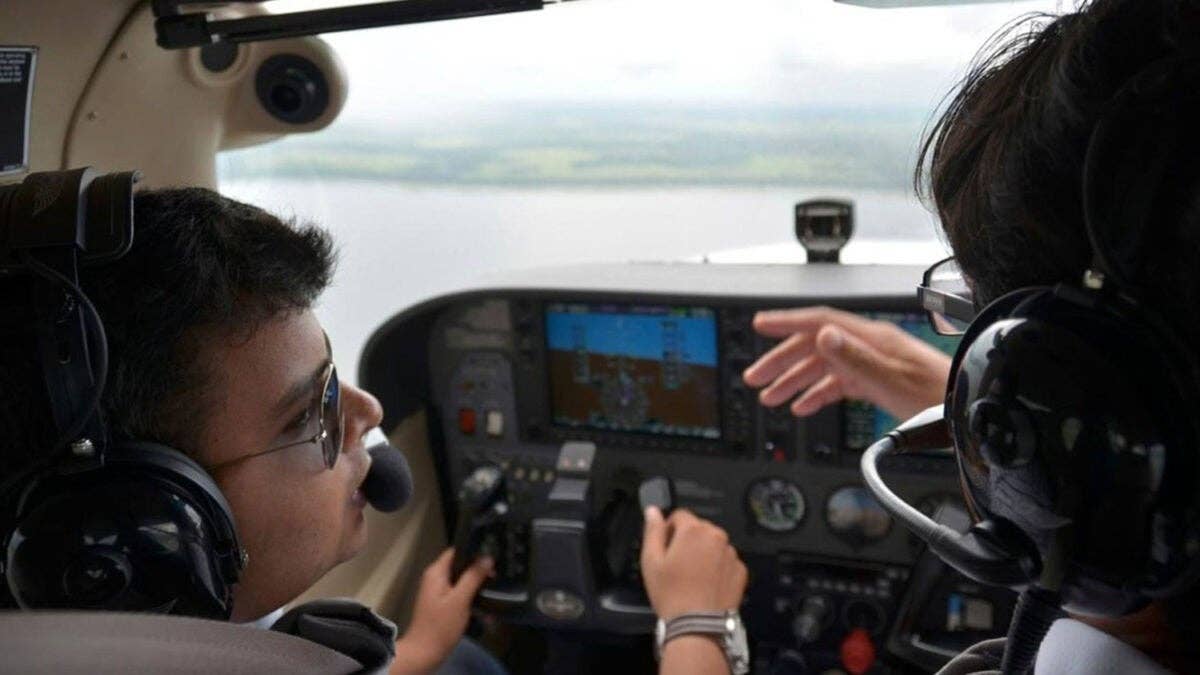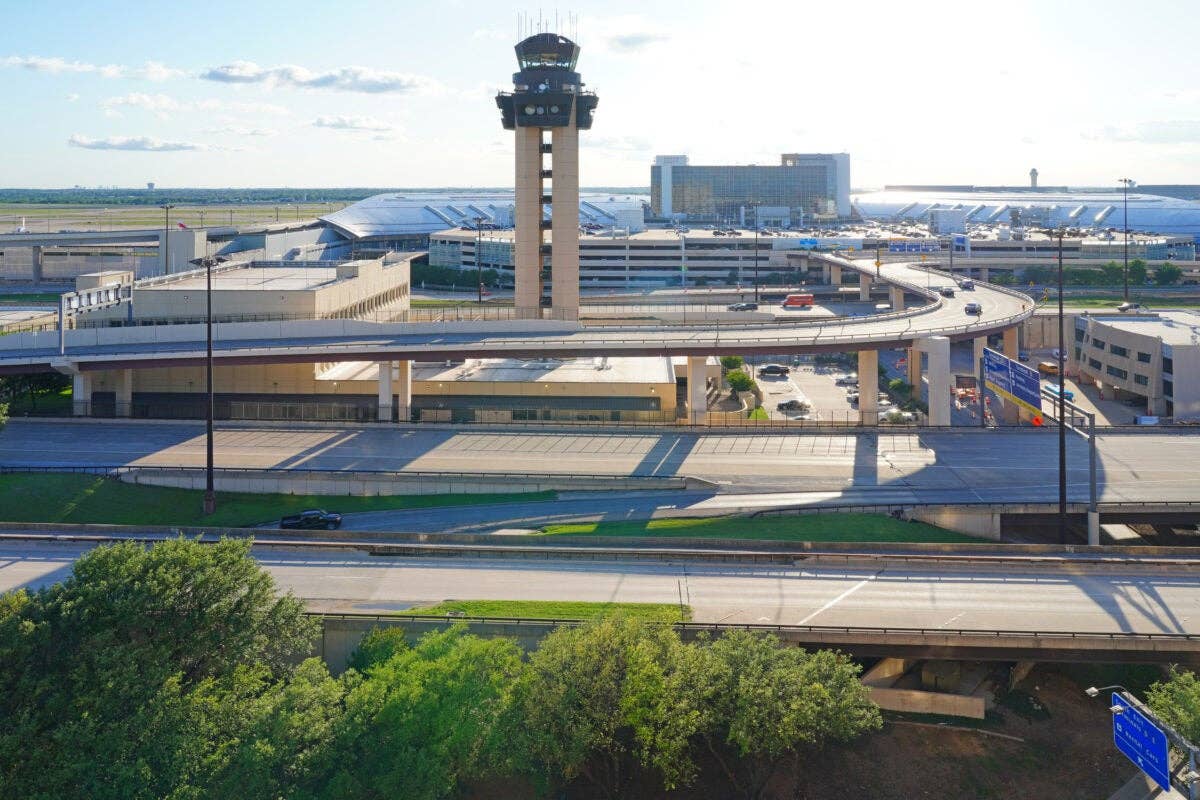Pilots Must Know and Use Their Rights
Recent high-profile cases underline the importance of knowing the law before an incident happens.
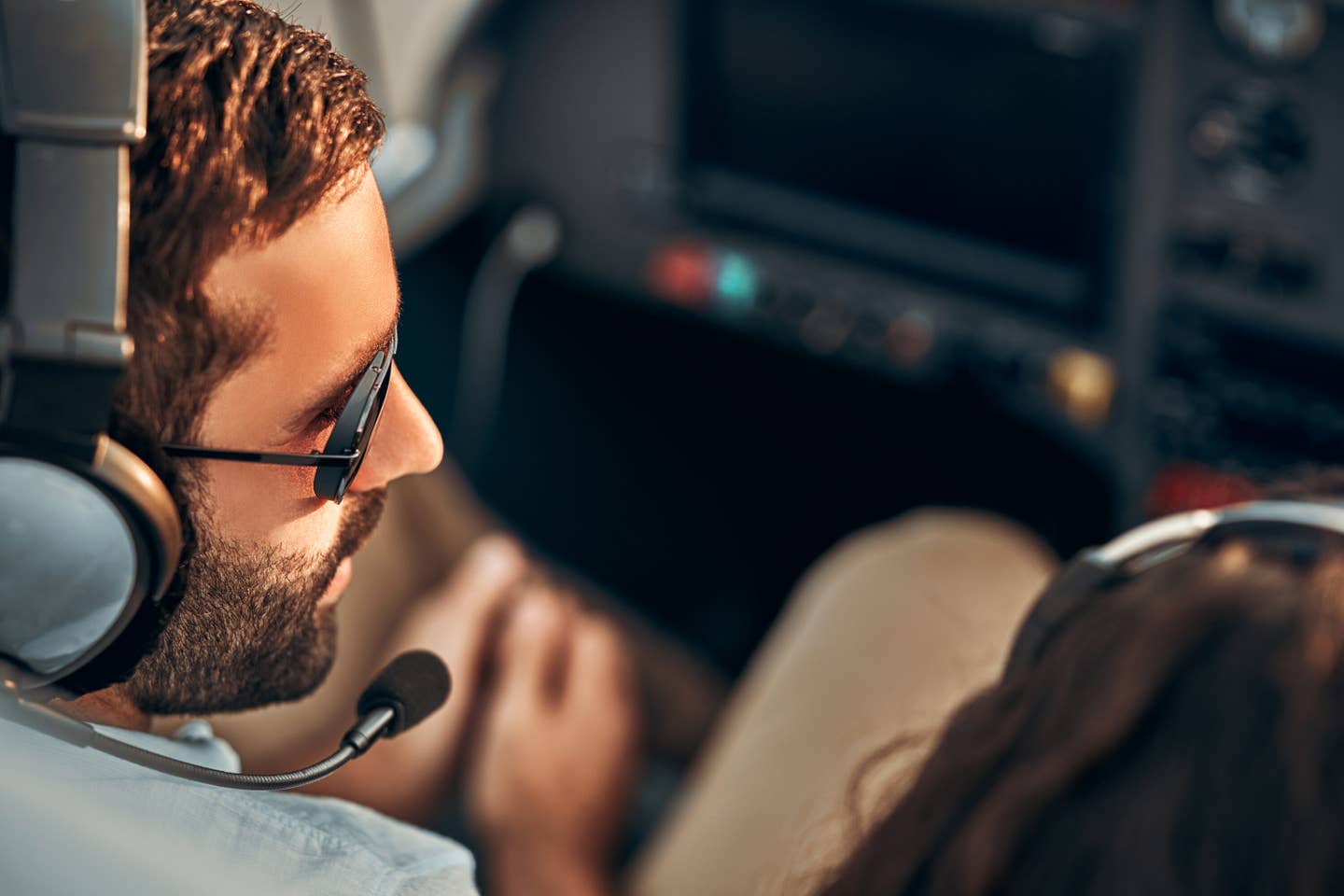
If you found yourself up against ‘Big Law,’ would you know what to do? [File photo: Adobestock]
A series of high-profile pilots facing regulatory action has caused many pilots to think about their rights. I suspect that if most pilots today found themselves up against “Big Law,” they might not know what to do.
It's not always egregious cases of pilots pushing the limits, either. For instance, with the busy summer months ahead, the setting is ripe for pilots and controllers under pressure to make mistakes. One of the most chilling things for a pilot to hear over the radio is that they should be ready to copy a phone number down because of a "possible pilot deviation.”
While pilots in more sophisticated flight programs might have Aviation Safety Action programs to provide some coverage through self-reporting, GA pilots have to go to different lengths to protect themselves to afford similar protection and provisions. Furthermore, pilots aren’t ready for the Letter of Investigation after an incident—intentional or not—that could threaten their ability to fly.
Pilots vs. The Law, a Tale as Old as Time
This isn't a new conundrum. In a 1969 issue of the Journal of Air Law and Commerce, John J. Mattis, in his article called “The Traffic Cop of the Skies,” reasoned similarly:
"Licensed pilots are quite familiar with hundreds of rules and regulations that govern the operation of aircraft. No person may act as a crew member of an aircraft while under the influence of intoxicating liquor, but how about those who do? No person may operate an aircraft in acrobatic flight over any congested city area, but what happens to those who do?”
Mattis went on to outline how the FAA went about enforcement actions against pilots if it suspected violations of federal air regulations. What is surprising to me more than 50 years later are the similar instincts some heedless pilots today have, such as flying too low, flying without the proper weather clearances, student pilots carrying passengers, or even flying under the influence of alcohol.
The Pilot’s Bill of Rights
The rule of law hasn't changed much, except to allow for some other provisions in keeping with technological advances, the Pilot's Bill of Rights. With the bill of rights now established, pilots are increasingly empowered to advocate for themselves if they suspect they are being unfairly punished. Some provisions ensure pilots are informed in a timely fashion if an investigation is being launched against them or if a higher standard of evidence is required in a case. Pilots must also be provided access to the pertinent air traffic data used in the case, or even where a pilot may mount an appeal, such as in a federal district court where they lived or the place of the incident. Beforehand, an appeal of an NTSB decision was a tall order—it had to be filed in the U.S. District Court for D.C.
As with any other legal case, the ultimate hedge is working with an aviation attorney who has the wherewithal to help you with your issue.
Understanding the FAA’s Approach to Compliance and Enforcement
On a broad level, the FAA's Chief Counsel outline's the process in its legal enforcement actions section. Pilots ought to read the FAA Compliance and Enforcement Program, Order 2150.3C, to understand the nuances of the law, though it’s more than 266 pages. The document provides an extensive overview of how the compliance process is completed and allows pilots to understand the actions taken against them and how to respond. Furthermore, with aircraft ownership increasing over the past few years, owners have more opportunities to have their aircraft seized, and this order explains the process in detail.
With airpower comes great responsibility, and the omnipresent video technology and data tracking tools have magnified pilot actions, reckless or not. Thankfully, pilots now have the legal tools they need to protect themselves, and we can save ourselves a lot of headaches if we invest some time in knowing the process of the law.

Sign-up for newsletters & special offers!
Get the latest FLYING stories & special offers delivered directly to your inbox

